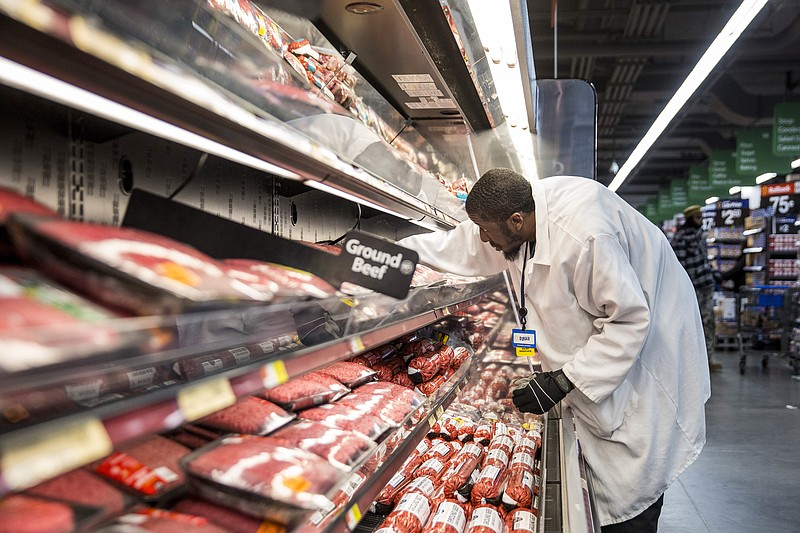Happy Labor Day - a day that unofficially marks the end of summer and the beginning of school and football, and officially, the national holiday dating back to 1894 that honors the hard-working public whose sweat and muscle yielded the Industrial Revolution.
More than 120 years ago, America's workforce endured seven-day work weeks filled with 10- to 12-hour days. Children as young as 5 toiled in mills where safety was a hope, not an enforced standard.
The "real wage" of workers in 1893, the year a South Dakota senator introduced the bill declaring the holiday, was reported by the National Bureau of Economic Research to be "$.168 hourly" and "$1.68 daily" in conditions that were nothing short of oppressive in some businesses or plants. Today's minimum wage, in contrast, of $7.25 hourly, last increased in 2009, is the entry-level standard. The Aug. 19, 2015, report from the Bureau of Labor Statistics shows the "real average hourly earnings" to be $10.50.
Wal-Mart kicked off this summer by announcing its minimum wage would ultimately increase from the federal floor of $7.25 an hour to $10 by 2016 for more than 500,000 of its entry-level employees. America's largest private-sector employer, with numbers reaching 1.3 million employees in the U.S., will spend $1 billion to increase the overall wages for workers ranging from greeters to deli workers to managers and department heads.
Granted, this does not reach the proposed $10.10 per hour minimum wage President Barack Obama proposed in his 2014 State of the Union Address, but the giant retailer stepped up to make significant internal wage improvements.
Now, just a few months after Wal-Mart's announcement, what were last week's news stories about?
After taking $1 billion in expenses, the big-box operation failed to meet its earnings projections. Workers were sent home early from their shifts, their hours cut. On this Labor Day, the consequences of increasing expenses is noted and felt by employees.
We all want "rock-bottom" prices, so the discounts provided through massive purchasing power can't be disrupted by the retail behemoths. Instead, the corporation applies the same principles a small business or a family would use: When expenses pinch too much, those expenses are somehow reduced.
Wal-Mart is not alone. Companies from Wendy's to Sally Beauty Supply to the Gap and Ikea have addressed the growing competition for dependable workers by increasing wages. A similar response has occurred in these companies: price increases as well as a reduction in employee hours.
"Unfortunately, we believe that some of these increases will clearly end up hurting the people that they're intended to help," the CEO of Wendy's said in the company's earnings statement.
The impact of increasing wages for entry-level and low-skilled workers has also been seen in Seattle, where the minimum wage has been set at $15 an hour. Removing the option to promote employees according to merit, the municipal government has created a similar impact on its local economy with an increase in restaurant closures noted by the Washington Restaurant Association's analysis. Before the rise in the minimum wage, Washington's average restaurant employed 17 people. That has dropped to 14.
Human labor is an economic good. Raise the price, and the demand for it will drop. On this Labor Day, the laws of economics are still firmly in place.
Robin Smith, a former chairwoman of the Tennessee Republican Party, owns Rivers Edge Alliance.

